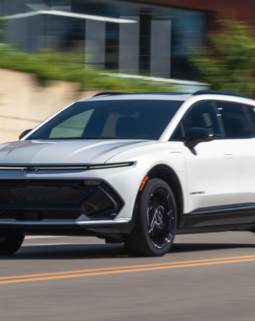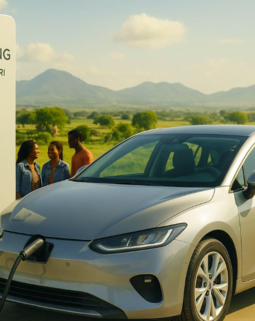Despite the recent disruptions in the supply chains in Ethiopia and other countries due to the ongoing war in Ukraine and the COVID-19 pandemic, the Moroccan automotive market continues to prosper. In the past two decades, the country's automotive sector has grown exponentially, proving Morocco a leading exporter and player in the African and global markets. With a primary target of exportation to Europe, the country is producing parts for luxurious cars such as Range Rover, Audi, and BMW.
Morocco has become quite an attractive and exciting market for foreign investors due to having a solid reputation as a reliable and leading global partner on the world stage. Additional selling features include the low cost of trained labor in the country, as well as the country's modern, up-to-date infrastructure The Moroccan automotive sector achieved a production capability of 700,000 vehicles last year, providing 180,000 job opportunities to people in 2020. The sector further generated and made $7.25 billion in export to 74 countries in the same year. The fruits of Morocco's vision comes from the country's evolving and long-standing experience within the automotive sector.
Over two hundred automotive suppliers are currently located in Morocco, boosting the country's automotive infrastructure and attracting foreign aid and investment. Due to these factors, Morocco placed 19th worldwide based on the production capacity and secured 2nd in the African continent. However, as the Moroccan Institute of Strategic Intelligence (IMIS) has acknowledged in its latest policy paper, while Morocco produces varied elements essential to the development and assembly of vehicles, the country needs to invest additional in developing commodities like radios, screens, and tires. Large automotive corporations like Renault and Stellantis teams have resettled their factories to the continent and Asia, looking for low-priced production lines.
This country's primary selling advantages are its modern infrastructure, geographic proximity to Europe, and collaborations with the EU since it wants to reduce its dependency on imports while still meeting local demand for brand new automobiles and enhancing the "made in Morocco" mark.Although Renault and Stellantis dominate the development axis of Morocco's automotive sector, various European, Chinese, and Yankee corporations have, within the past decade, endowed with factories specialized in cabling, batteries, and the production of aluminum items like rims, powertrains, and chassis. Vehicle makers have additionally worked on adapting their styles to chop from the utilization of microchips while minimizing prices associated with the delays within the provide chain.





